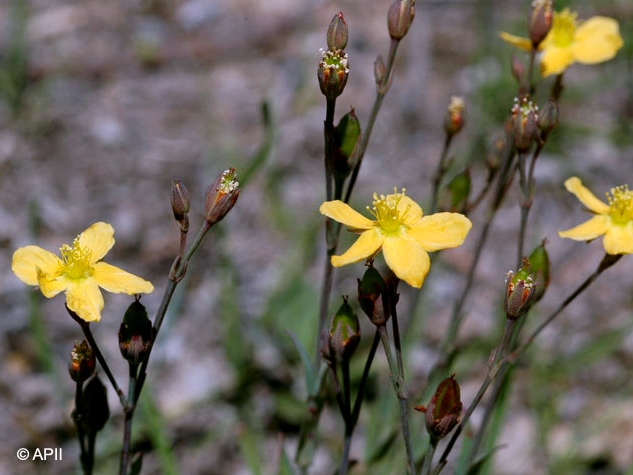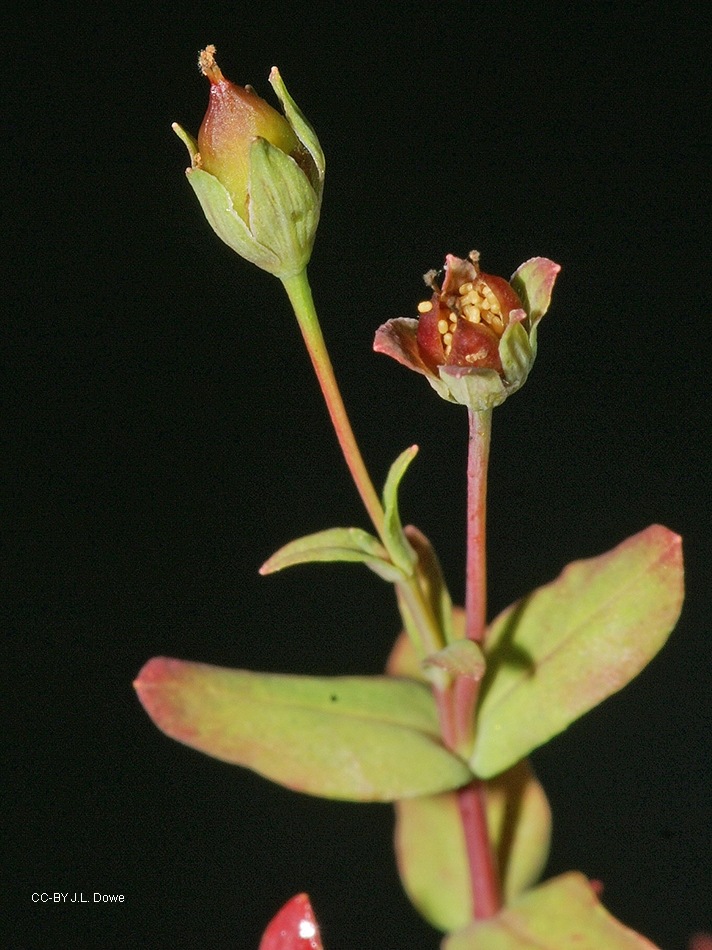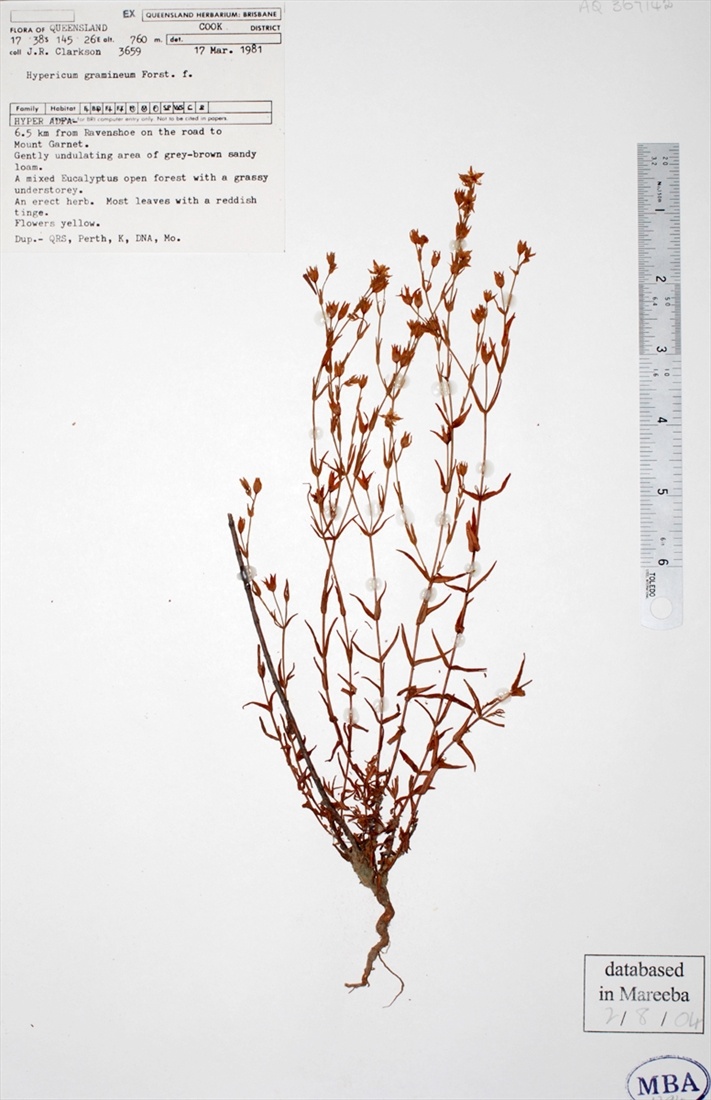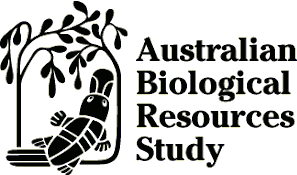Australian Tropical Rainforest Plants - Online edition
Hypericum gramineum G.Forst.



Forster, J.G. (1786) Florulae Insularum Australium Prodromus : 53. Type: Nova Caledonia.
Small St. John's Wort
Plant up to 30 cm tall. Stems solitary or ± cespitose, unbranched below inflorescence or variously branched. Stems 4-lined.
Terminal cymes usually with 3 or more flowers, rarely flowers solitary and axillary; bracts and bracteoles triangular-lanceolate to linear; flowers 5-12 mm diam.; pedicels erect, 5-15 mm long. Sepals erect, lanceolate to narrowly elliptic, subequal to unequal, 2.8-5[-9] × [0.8-]1.5-2 mm, apex acute to subacute, veins 3-5; petals Petals obovate to oblanceolate, 5-10 × 2-5 mm, about. 1.3 × as long as sepals; laminar glands few. Stamens 20-50, mostly free, persistent; ovary narrowly ovoid-conic; styles 3, 0.7-1.8 mm, ca. 0.9 × as long as ovary, ± spreading.
Features not available.
Widespread across Australia, and occurs in WA, NT, CYP, NEQ and CEQ. Altitudinal range from sea level to 1010 m. Grows in rainforest margins and openings in forest, open Eucalypt forest, open Melaleuca forest, open Eucalypt woodland, heathland and in wooded grassland. Also occurs in Bhutan, NE India, Papua New Guinea, Vietnam and Pacific islands (Hawaii, New Caledonia, New Zealand).
Causes photosensitization and enteritis (Webb 1948).





